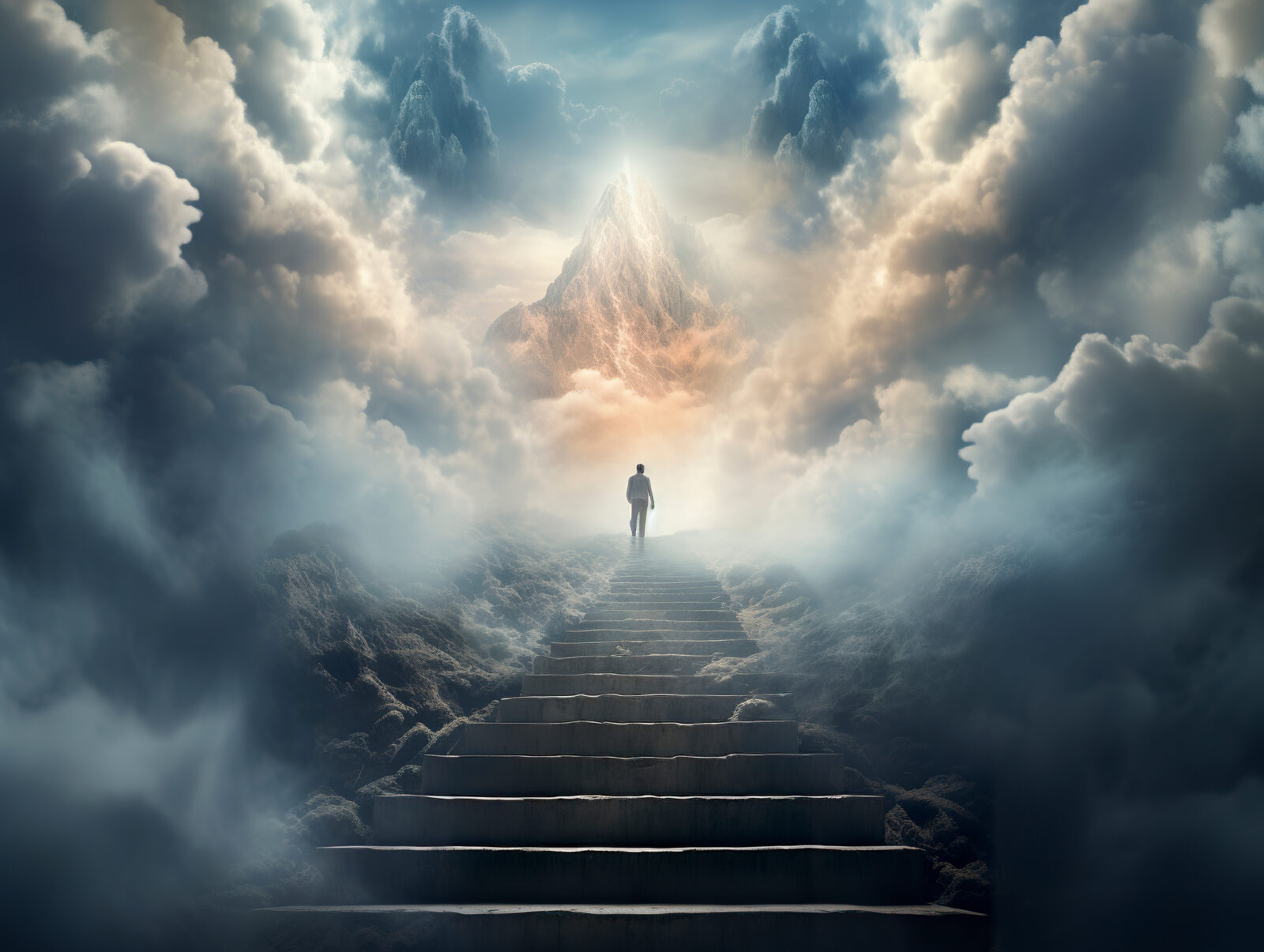Evaluating Popular Theories of the Mind-Brain Relationship
What are the strengths and weaknesses of the most common mind-brain theories? On today’s episode, neurosurgeon Michael Egnor concludes his conversation with Dr. Angus Menuge about the mind-brain relationship and the popular dualistic theories of Cartesian dualism and Thomistic dualism. Cartesian dualism posits that the mind and body are fundamentally different substances, with the mind being immaterial and the body being material. Thomistic dualism, on the other hand, sees the mind and body as one substance, with the mind being the form of a human being. Dr. Menuge presents some of the strengths and weaknesses of both theories. The conversation also touches on topics such as the unity of consciousness, near-death experiences, information realism, and the limitations of reductionist approaches in neuroscience. The interview emphasizes the importance of considering different perspectives and being open-minded in understanding the mind-brain relationship. This is Part 3 of 3.
Additional Resources
- New book: Minding the Brain: Models of the Mind, Information, and Empirical Science
- Michael Egnor is a Professor of Neurosurgery and Pediatrics at State University of New York, Stony Brook, has served as the Director of Pediatric Neurosurgery, and award-winning brain surgeon
- Angus J. L. Menuge is Chair of the Philosophy Department at Concordia University, Wisconsin
- Listen to Part 2 of this conversation
